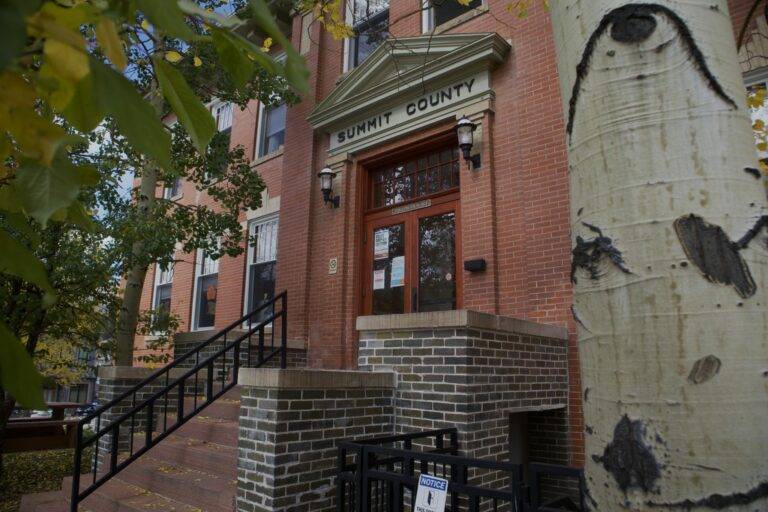
***As of 7/22/2025 Summit County will be taking a waitlist for STR for Upper Blue Basin and Lower Blue Basin in Summit County. Blog was written on 7/1/2025.
Like many popular mountain towns in Colorado, Summit County and its municipalities have adopted short-term rental (STR) regulations to strike a balance between tourism and preserving community character. As of early 2025, unincorporated Summit County is maintaining waitlists for Type II STR licenses in the Lower Blue and Upper Blue Basins—areas that include neighborhoods like Silverthorne and Wildernest. These caps are part of an effort to limit rental density in primarily residential zones and protect long-term housing stock. The Summit County STR regulations provide detailed maps and updates for those considering STR ownership in these areas.
It’s important to note that each town within the county sets its own rules. For example, the Town of Breckenridge has capped licenses in certain zones but allows unrestricted rentals in resort areas. Frisco, Dillon, and Silverthorne all have their own caps, fees, and license transfer policies. If you’re considering purchasing a property with STR potential, it’s essential to research local regulations early—some areas allow license transfers during a sale, while others require joining a waitlist or starting the process from scratch. Partnering with a local expert can help navigate these rules and avoid costly surprises.

Summer is a popular time for home renovations in Summit County. However, it’s essential to understand which projects require permits to avoid potential legal issues or complications during property sales.
Projects Typically Requiring Permits:
Projects That May Not Require Permits:
Where to Obtain Permits:
Importance for Buyers and Sellers:
Understanding and adhering to Summit County’s STR regulations and building codes is vital for anyone involved in the local real estate market. Proper licensing and permitting not only ensure compliance but also protect your investment and facilitate smoother transactions.
For personalized guidance or assistance with navigating these regulations, feel free to reach out to our team. We’re here to help you make informed decisions in Summit County’s dynamic real estate landscape.


Disclaimer: All information contained in this web site is deemed reliable but not guaranteed. All properties are subject to prior sale, change or withdrawal notice. COMtnRealty.com believes all information to be correct but assumes no legal responsibility for accuracy.